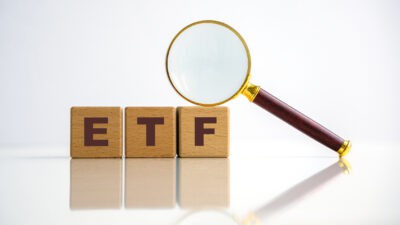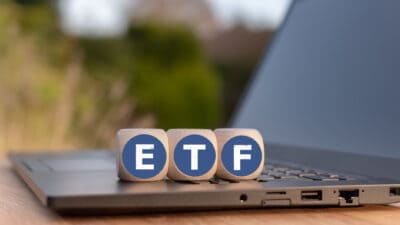The rise of passive index investing has been one of the best developments for regular investors in recent times.
Exchange-traded funds (ETFs) are a way to access those index funds through our normal brokerage account rather than investing directly with the provider which takes filling out forms and so on.
But even if you commit to just owning ETFs you still need to decide which ETF(s) to invest in. There are lots of choices. There are some that charge very high management fees and may not be worthwhile.
Here are two I think are good ideas for any portfolio:
iShares S&P 500 ETF (ASX: IVV)
Warren Buffett is the world's greatest investor and he advocates that every regular (American) person should just invest in the S&P 500, which is an index of 500 businesses listed in the US.
There are certain elements that make the S&P 500 higher-quality than a typical index. For example, one requirement to be in the S&P 500 is that a business must generally have reported positive earnings in the most recent quarter as well as over the four most recent quarters. This automatically excludes some of the riskier businesses.
What's left is 500 good businesses with the biggest allocations of the ETF to some of the most promising businesses in the world (despite their size) like Microsoft, Alphabet, Apple, Berkshire Hathaway and Amazon.
A good proportion of the underlying earnings of this index comes from outside of the US. Facebook, Microsoft and so on generate earnings from almost every country in the world, it's kind of a global share ETF. This provides great diversification and the ETF has an extremely low management fee of just 0.04% per annum.
Vanguard FTSE Asia Ex Japan Shares Index ETF (ASX: VAE)
There aren't many investments on the ASX that can give significant exposure to Asian economies, so why not pick an investment that does?
This ETF invests in around 1,200 Asian businesses with major allocations to some of the region's leading companies like Tencent, Alibaba, Samsung, Taiwan Semiconductor Manufacturing and Ping An Insurance.
The Asian economy is growing quickly in terms of wealth and spending, which should flow through to many of the businesses there like banks, insurance and consumer discretionary companies.
The Vanguard Asian ETF has delivered an average return of 10.3% per annum since inception in December 2015.
As a whole index, I think it looks fundamentally good value with a return on equity (ROE) ratio of 15.8%, a current earnings growth rate of 11% and a price/earnings ratio of 13x. Its annual management fee is higher at 0.40%, but that may fall as the ETF grows larger.
Foolish takeaway
I think both of these ETFs would be really good long-term buy-and-hold options. The Asian ETF is probably a bit higher risk due to the China factor, but it's also a lot cheaper than the S&P 500 today which is why it's in my portfolio.






